Cloud databases
Cloud databases are one of the most flexible, secure, and automated solutions. They guarantee cost optimization by significantly simplifying database performance management, and automating the processes of their scaling. Thanks to the cloud, your company gets rid of the risks and costs associated with owning and updating an on-premise environment.
Thanks to the partnership with Microsoft and Oracle, including Microsoft Advance Specialization and ISO (9001, 27001) certification, we provide our clients with the highest possible quality of cloud solutions as well as modern tools and technologies.
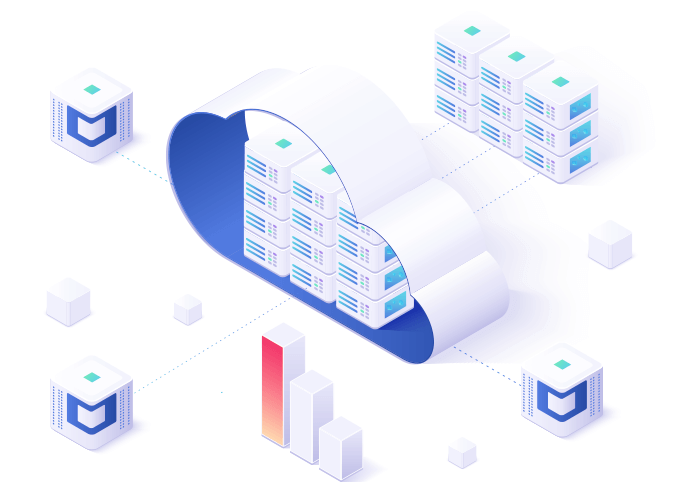
Get in touch with us
High availability and scalability
Optimization through software automation
Real-time database management
What does your company gain thanks to cloud solutions?
Cost optimization
Serverless solutions allow easier management of database performance, thanks to the possibility of easy database adaptation to the current needs, i.e. size, functions, tools, etc. As a result, you reduce the costs associated with infrastructure changes, and their maintenance.
Advanced security mechanisms
Special mechanisms ensure network security in your company and allow you to encrypt data, and assign access, or keys.
Automatic system scaling
Flexible architecture allows the system to adapt to your current needs and resources. Scalability is one of the key features of the cloud that allows you to dynamically add resources, and other variables.
Using the latest technologies
Microsoft and Oracle are leaders on the market of cloud system providers, guaranteeing constant updating of technology as well as the highest quality and security. Microsoft Azure has over 90 certifications, having data centres on every continent.
Comprehensive service
End-to-end service. By undertaking cooperation with our clients, offers comprehensive services from database audit to implementation, and maintenance of systems. Our goal is to secure your data at every stage of its life cycle.
summ-it cloud databases
Cloud solutions are currently the most frequently implemented solutions among various types of enterprises. They are so successful because they create innovative and easily scalable IT environments, while ensuring appropriate adaptation to the current market needs.
At summ-it, we successfully implement and conduct migrations to cloud systems. We have Microsoft Advance Specialization certification in the area of systems migration to the cloud, thanks to which our clients receive a guarantee that the process will be carried out in accordance with the highest standards. Our experts have many years of experience with both smaller and more demanding large-scale environments. We are flexible and we easily adapt solutions to the needs of our clients, so as to achieve the best possible results together.
+250
database systems implementations
+50
certified IT specialists
9000
databases supported
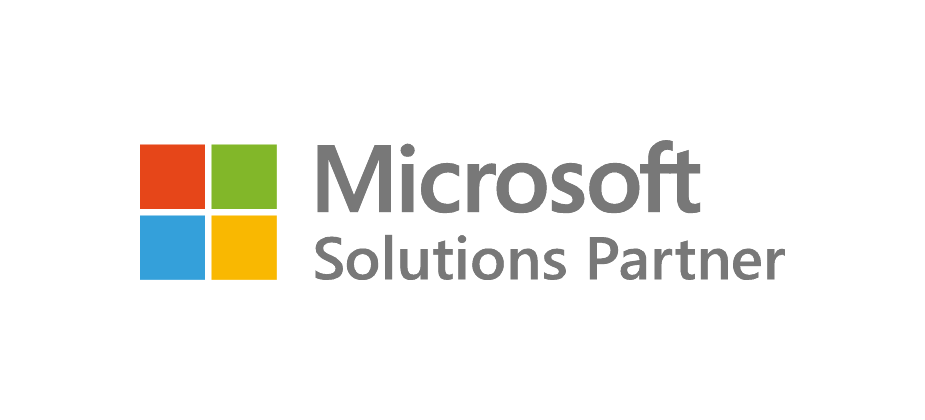

Order a free consultation
Consult your company’s needs with our experts.
Discover solutions that will help your company to improve business processes and ensure data security.
Our expert will contact you in 24 hours.
phone:
+48 511 373 931
e-mail:
info@summ-it.pl
Cloud databases – for whom?
The use of innovative solutions offered by cloud platforms entails a number of opportunities for companies that require a tailored system that easily responds to changes in the market and inside a company. A dynamic environment, constantly changing resources and growing requirements for a database maintenance system are ideal conditions for the cloud solutions implementation. Unlike traditional solutions, they are much more easily scalable and are based on a very modern technology ensuring process optimization, and activities automation. Built-in security mechanisms create a proven environment for the exchange of data, codes and keys, and also allow data encryption and management of confidential information.
Types of traditional and cloud solutions
Cloud databases can be stored and shared in various forms. The most common are:
- On-Premise – is a traditional model of infrastructure management in an enterprise, in which all activities related to the maintenance of the system and the necessary equipment are performed by the customer.
- IaaS “Infrastructure as a Service” is a service, which can be treated as a corporate server room or data warehouse.
- SaaS “Software as a service”. Such a solution is usually cloud-based applications that facilitate work related to the data management, operating systems, servers, networks, and warehouse data in the company.
- PaaS “Platform as a service”, distinguishing feature of which is the ability to create, test, publish, and manage applications without the necessity to build or maintain infrastructure.
If you are considering implementing appropriate solutions in your company, we encourage you to consult our certified experts to discuss the company’s infrastructure and your goals and needs for the database system.
Private, hybrid, public cloud
Cloud data processing is now becoming a standard for business operations and the proper functioning of enterprises in a competitive and demanding market. If you do not want to expose your company to losses associated with the use of old technologies and mismatch with customer requirements, it is worth knowing what benefits your organization will achieve thanks to the use of cloud solutions.
There are three service deployment models:
- in the public cloud
- in a private cloud
- in a hybrid cloud
Explore cloud solutions and choose the right one for your business needs. Check it out!
We are a provider of the largest public cloud solutions:
At the same time, we cooperate with private cloud providers, including:
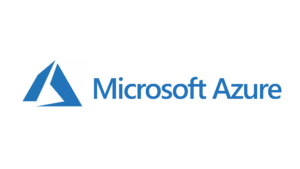

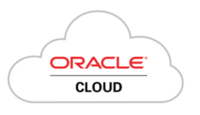


Meet clients with whom we reach the peak together
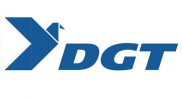
112 emergency telephone number
In a consortium with DGT LCC, we designed and implemented the 112 alarm system.
At the request of the Ministry of the Interior and Administration, together with DGT LCC we have designed a highly available database system that records telephone calls with the 112 emergency telephone number. DGT LCC company provided the application, while summ-it designed the architecture of the solution and provided the database system.
